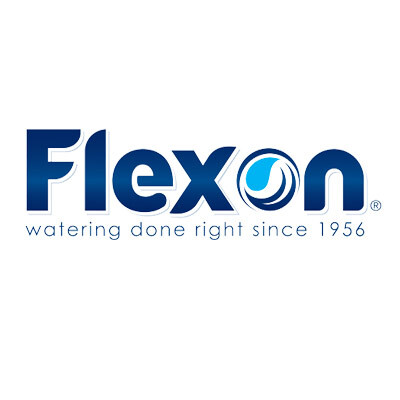Garden Hose 101: How to Choose an Environmentally Conscious Option
Garden Hose 101: How to Choose an Environmentally Conscious Option

Garden Hose 101: How to Choose an Environmentally Conscious Option
Gardening is an excellent way to reduce your carbon footprint, but it's essential to make sure that your gardening tools are environmentally friendly. One of the most commonly used tools in gardening is the garden hose. However, not all garden hoses are created equal when it comes to being environmentally conscious. In this blog post, we'll go over the different types of garden hoses available and how to choose an environmentally friendly option.
Types of Garden Hoses
There are three main types of garden hoses: vinyl, rubber, and polyurethane. Each of these hoses has its advantages and disadvantages when it comes to environmental impact.
Vinyl Hoses
Vinyl hoses are the most common type of garden hose. They are affordable and readily available at most hardware stores and garden centers. However, vinyl hoses are made from PVC, which is a type of plastic that is not biodegradable and can release toxic chemicals when burned or disposed of improperly.
Rubber Hoses
Rubber hoses are a better option than vinyl hoses when it comes to environmental impact. They are made from natural or synthetic rubber, which is biodegradable and does not release toxic chemicals. However, rubber hoses can be heavy and challenging to maneuver, making them less practical for some gardeners.
Polyurethane Hoses
Polyurethane hoses are the most environmentally friendly option when it comes to garden hoses. They are lightweight and flexible, making them easy to maneuver, and they are made from a type of plastic that is more environmentally friendly than PVC. Polyurethane hoses are also durable and long-lasting, which can save you money in the long run.
Factors to Consider When Choosing an Environmentally Conscious Garden Hose
When choosing a garden hose, there are several factors to consider to ensure you are selecting an environmentally conscious option:
Materials
As discussed earlier, the materials used to make the hose are essential when it comes to environmental impact. Avoid hoses made from PVC and opt for those made from natural or synthetic rubber or polyurethane.
Length
The length of the hose you need depends on the size of your garden. Choosing a hose that is too long results in wasted water, while a hose that is too short can be inconvenient and lead to overstretching, causing damage to the hose. Measure your garden before purchasing a hose to ensure you choose the right length.
Diameter
The diameter of the hose affects how much water it can deliver. A larger diameter hose delivers more water, which can be beneficial if you have a large garden or need to water plants quickly. However, a larger diameter hose uses more water, so it's essential to choose the right size for your needs.
Kink Resistance
Kink resistance is another factor to consider when selecting a garden hose. A hose that kinks easily can be frustrating and lead to damage to the hose. Look for hoses labeled as "kink-resistant" to avoid this issue.
Recyclability
When it's time to dispose of your garden hose, it's essential to choose a recyclable option. Hoses made from PVC cannot be recycled, so it's best to avoid them. Rubber and polyurethane hoses are recyclable, so make sure to check with your local recycling center to see if they accept them.
Tips for Maintaining an Environmentally Conscious Garden Hose
Once you've chosen an environmentally friendly garden hose, it's essential to maintain it properly to ensure it lasts as long as possible. Here are some tips for maintaining your garden hose:
Store it Properly
When you're not using your garden hose, it's essential to store it correctly to prevent damage. Make sure to remove any kinks or twists and avoid leaving it out in the sun, which can cause the hose to degrade more quickly.
Drain the Hose
After using your garden hose, make sure to drain the water from it to prevent mold and mildew growth. This is especially important if you live in a humid climate.
Repair Leaks
If you notice a leak in your garden hose, it's essential to repair it as soon as possible. Leaks not only waste water but can also lead to damage to your plants and garden.
Conclusion
Choosing an environmentally conscious garden hose is an important step in reducing your carbon footprint while still enjoying the benefits of gardening. When selecting a garden hose, make sure to consider the materials, length, diameter, kink resistance, and recyclability. With proper maintenance, your garden hose can last for years and help you create a beautiful, sustainable garden.
05.06.2023. 12:03




















